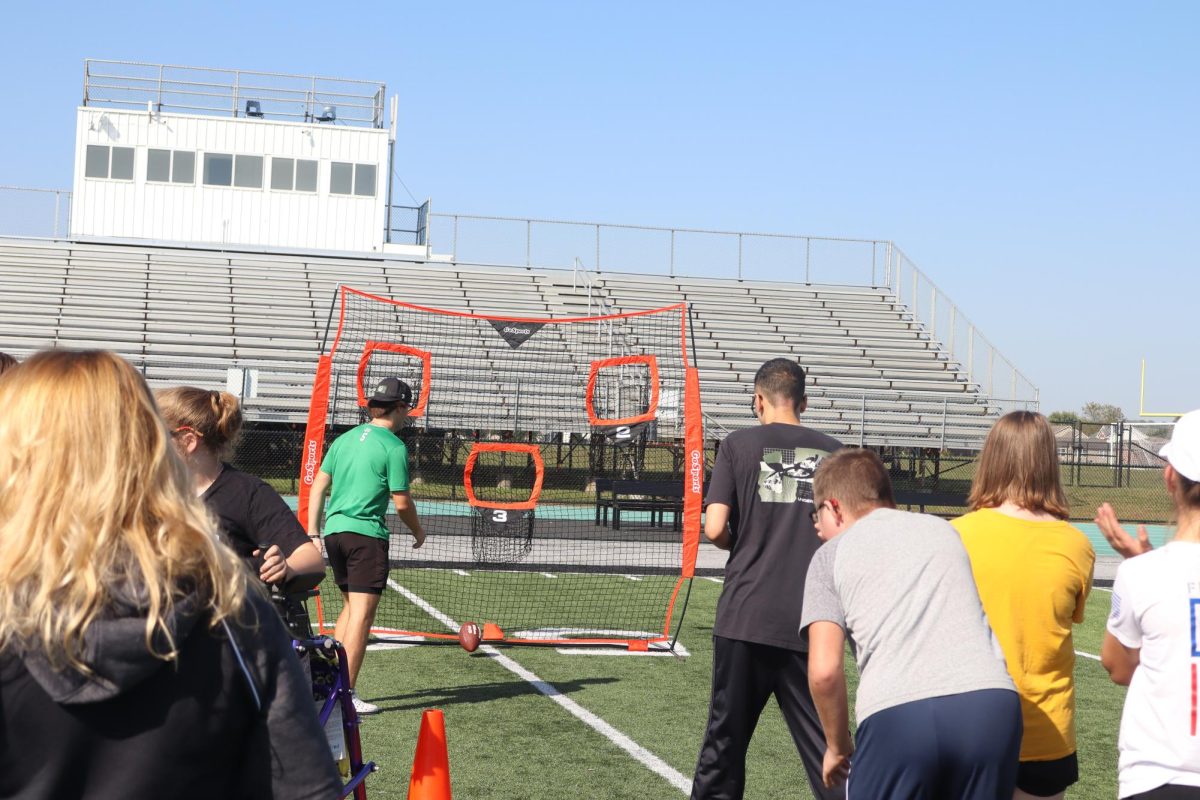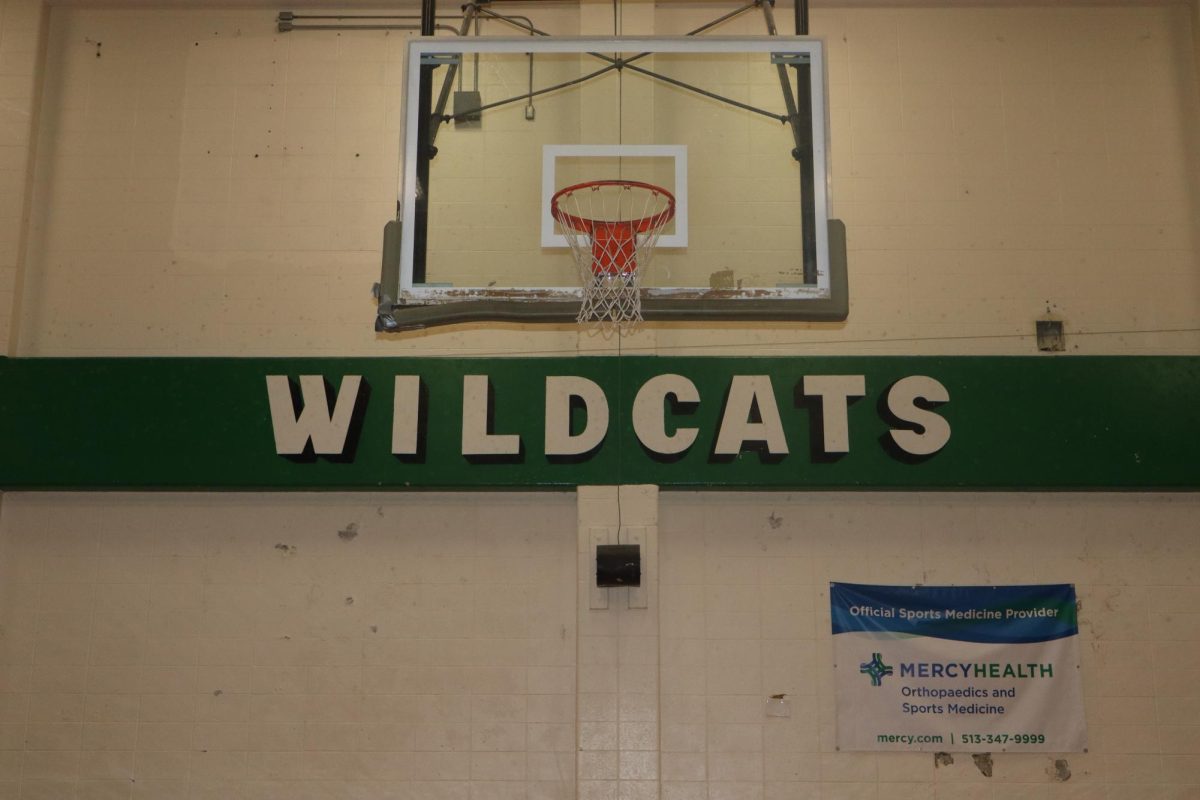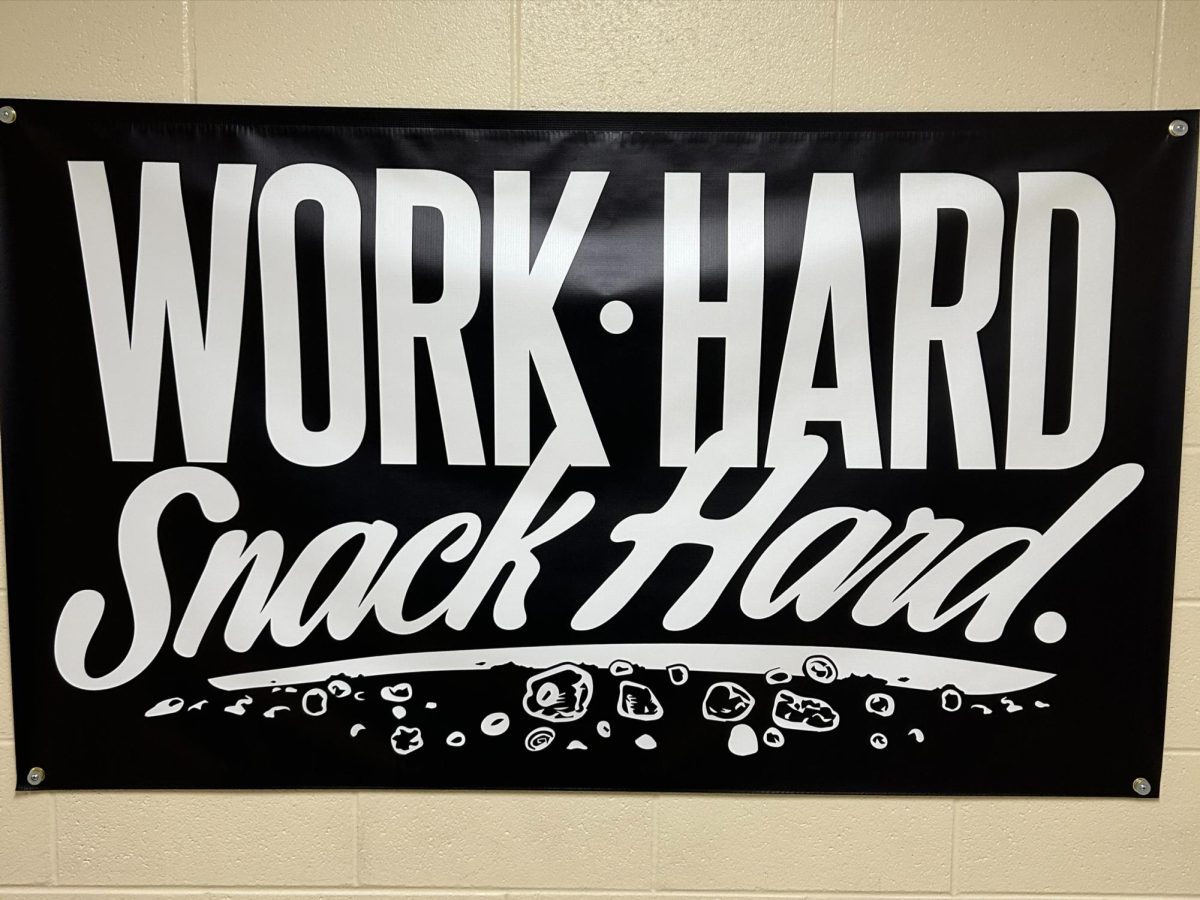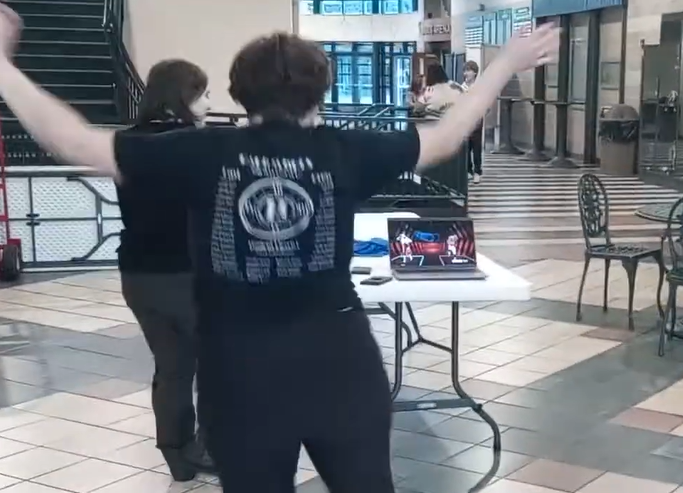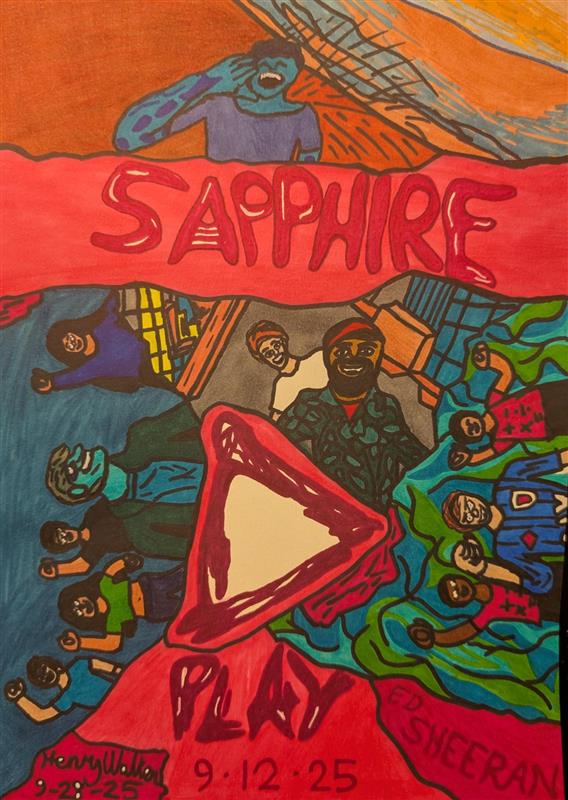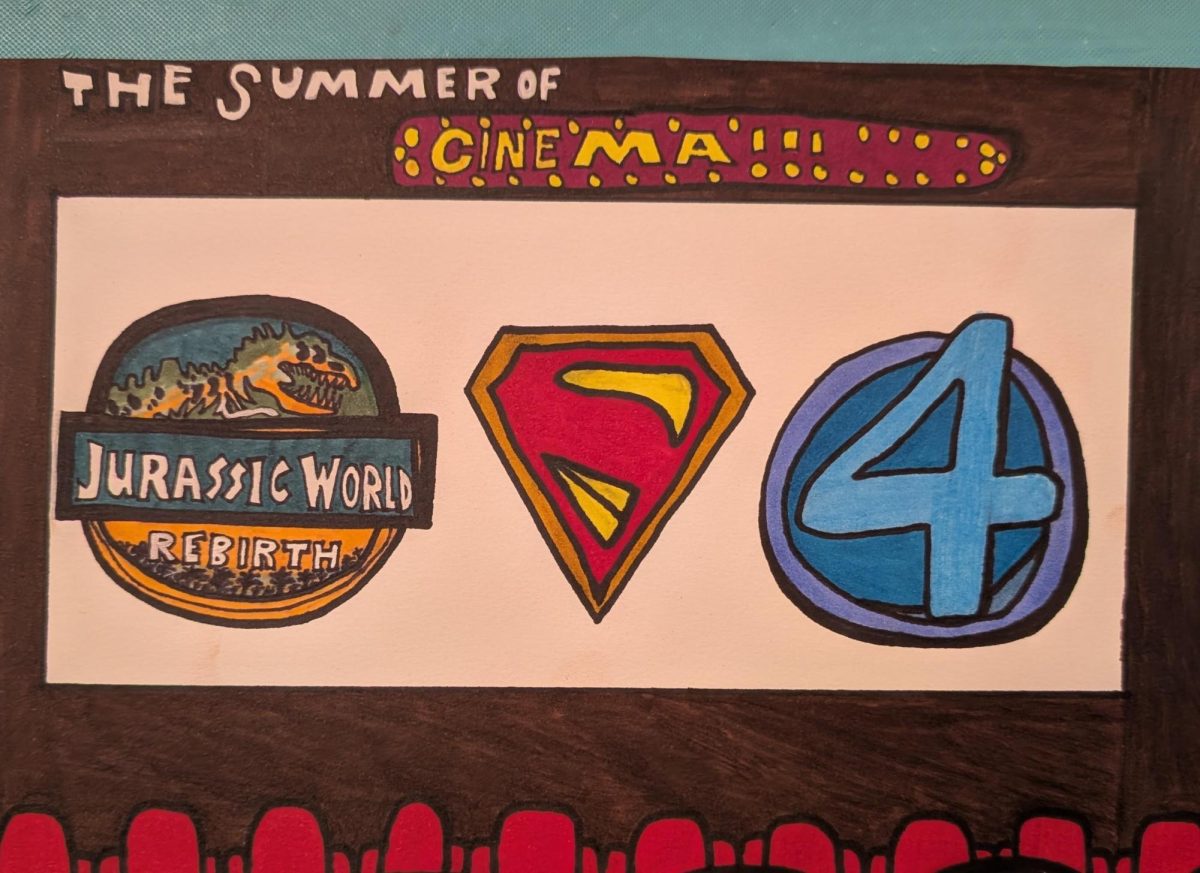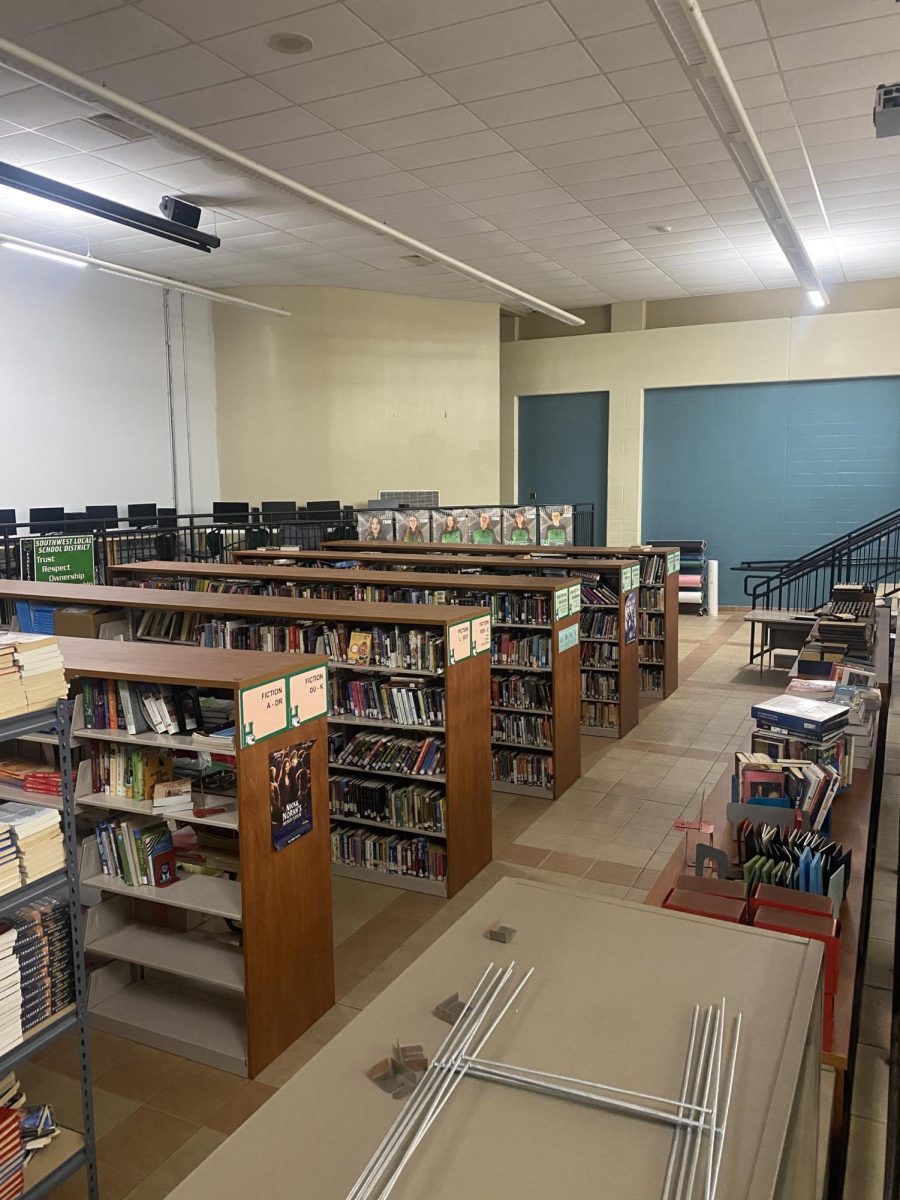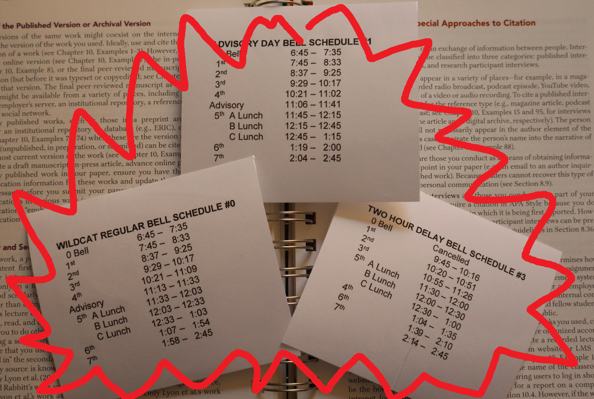In elementary school, weekly visits to the library felt like entering a special, magical world- the rows of books, walls plastered in posters, the air conditioning- it was an escape from the monotonous day-to-day of elementary school. However, as I graduated to middle school and then high school, this magical space completely disappeared. I faced a hot, grungy library in middle school and a vacant, outdated “library” in high school. I mostly forgot about it, but the disappointment of losing my safe space in the library still lingers. This disappointment was reawakened in a conversation with my future college classmates- all of whom were appalled when I shared that my school has no functioning library or library staff. Furthermore, when visiting other school libraries as a part of academic team, it made it feel like kids at Harrison were missing out. The other school libraries had new, popular books- they had placards naming their library staff. The jealousy was palpable.
Libraries and librarians are an important part of promoting learning in schools, and Harrison needs to reconsider the lack of this asset district wide. While the junior school has library space and a library facilitator, Mrs. Sharon Maurer, other students at the high school don’t share this privilege.
A lack of library staff in schools has negative impacts on student learning and achievement. Ohio’s library guidelines highlight the importance of teaching digital literacy, foundations for lifelong learning and literacy, information literacy, and media literacy. At the high school level, these standards focus on real-world usage of digital tools, online safety, and ethical use of online resources, all of which are incredibly important skills. Teaching these skills not only boosts college and career readiness, but creates critical thinkers who can effectively navigate online spheres.
High schools have a duty to teach students these topics. However, these state literacy standards are currently being neglected, in large part due to the lack of appropriate, qualified staff to teach them. At Harrison, education on state library standards is sporadic and incomplete at best. Teachers at Harrison cover some bases on these topics, for example, Mrs. Hinterlong incorporates a project focused on developing research questions and using research databases into her senior class- however, there is still a lack of a clear, comprehensive curriculum teaching state library standards.
Mr. Nienaber explained how some aspects of media literacy, such as introducing students to database research, is a required part of the English curriculum at Harrison. However, he also agreed that education on these topics is mostly sporadic and a more universal curriculum concerning the digital world would be helpful, stating “we should be doing it, that’s where learning is now.”
Online learning is the future- whether it be using computers in the classroom or the increasing implementation of remote learning days. While, at Harrison, the English department has taken on some responsibilities of school librarians, the implementation of library staff would still be helpful to both students and staff. When asked about the previous library staff at Harrison, Mrs. Hinterlong responded “In the past, it was way more helpful. It was amazing.” Mr. Nienaber also replied “Having someone who can help kids find resources- its really useful to have a person for that.”
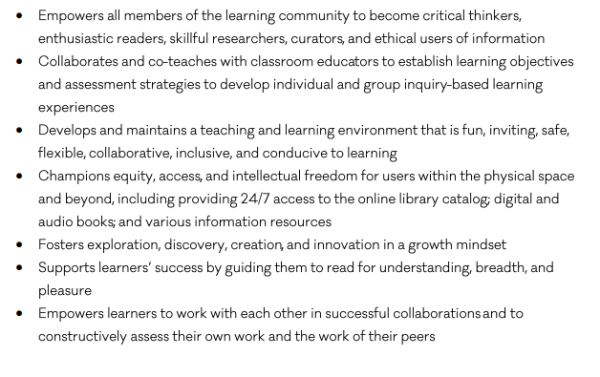
High school librarians not only promote digital literacy- their official duties range from co-teaching with other staff members to promoting collaboration between students.
Furthermore, over 34 statewide studies have supported a positive correlation between strong school library programs and student standardized test scores. This benefit is most noticeable for reading and writing scores, with one study explaining that students with full-time librarians were almost three times more likely than those without librarians to have advanced writing scores. However, evidence also exists to support that school libraries also improve math scores, showing the overall benefit that library staff has on student achievement.
Despite the amazing benefits that libraries can have on standardized testing scores, these programs also help students in much more significant ways. Libraries in schools promote reading, not just as an assignment for class, but as a hobby. Reading has a wide range of benefits- especially for young children and tweens, as reading can promote memory and speech development while also reducing the risk for behavioral issues and depression.
Previous library facilitator for Harrison, Pam Hopkins, explained the importance of libraries in creating readers, stating “I am a huge advocate of reading for fun! I believe we have become hyper focused on teaching students how to read, but have forgotten to teach students how to love reading. If all we do is teach them how to read, they will only do it when they have to. But students who learn to love reading become adults who continue to read and become life-long learners.”
A vibrant, updated school library is one of the best ways to create a love of reading. However, the current “library” at Harrison fails to offer this opportunity to students. And ultimately- the state of our library reflects our attitudes towards reading. And when our library system is neglected- reading becomes neglected too.
A strong high school library program also better prepares students for college. One study from Rutgers University found that students from high schools with strong library programs felt better prepared for college level academic research and had superior understandings of research practices. High school librarians are a great resource for research- I wished for one countless times throughout my experience in AP Capstone, a program requiring strong research skills.

Perhaps most importantly, high school librarians benefit the student culture of schools. Libraries create a safe space for students- one that Harrison is lacking. When asked if libraries impact the culture of schools, school librarian expert Debra Kachel responded “It does. A school library is one of the few places in a school that students can relax, read, engage with others, do homework, etc. in a non-judgmental, welcoming area.”
Hopkins also emphasized the importa
nce of libraries for student culture. Hopkins explained that “Often, the library was a place people could come if they just needed to be alone or have some quiet time. Sometimes, people just needed someone to listen or to encourage them with an assignment.” Libraries don’t just help students academically- they help them socially and emotionally as well.
The mission of Harrison High School is to promote academic and social growth for all students, every day. Libraries promote learning, they give students a place to socialize, and they promote the well-being of students. Harrison must reimagine and renovate our library systems.
